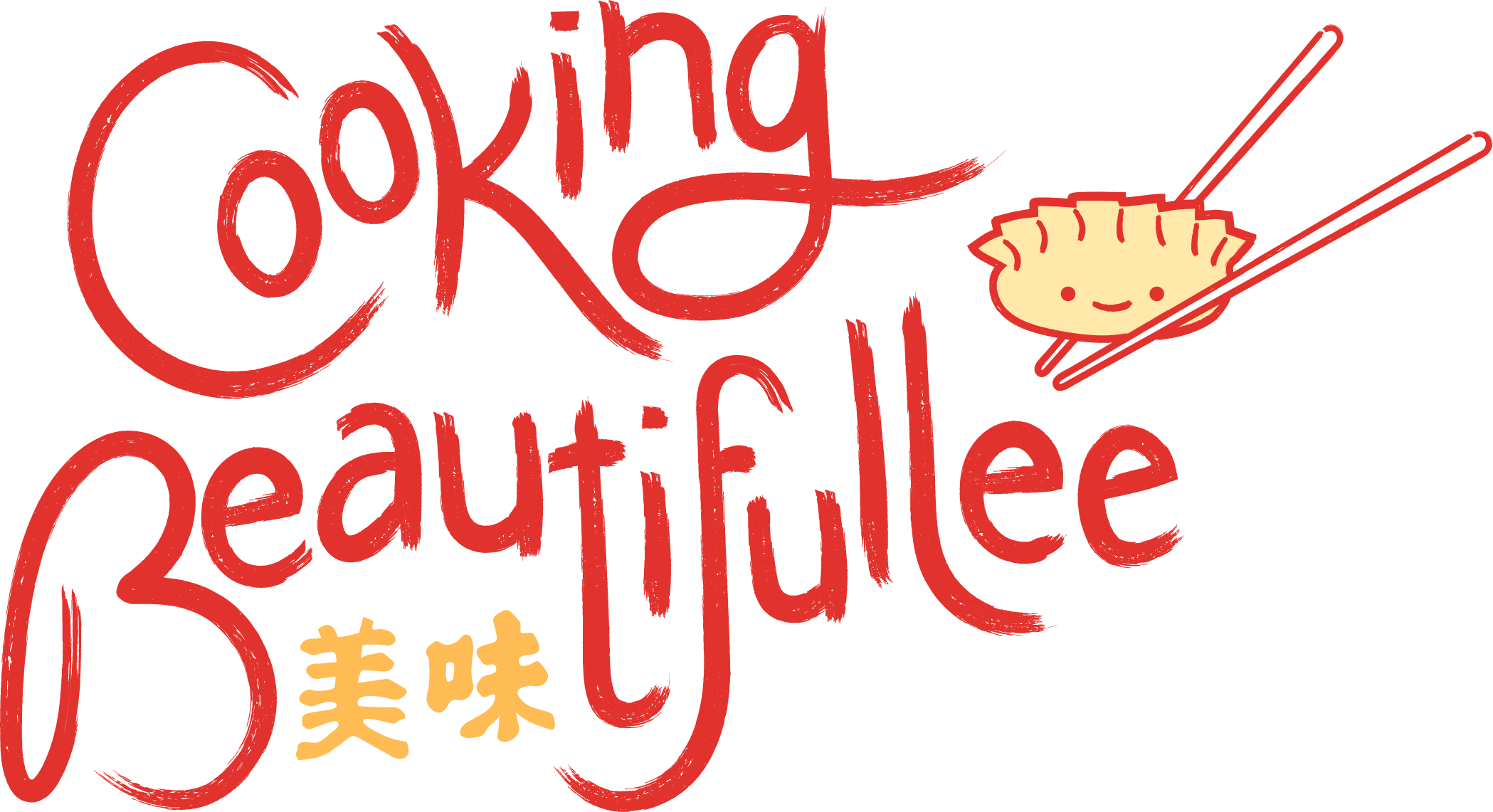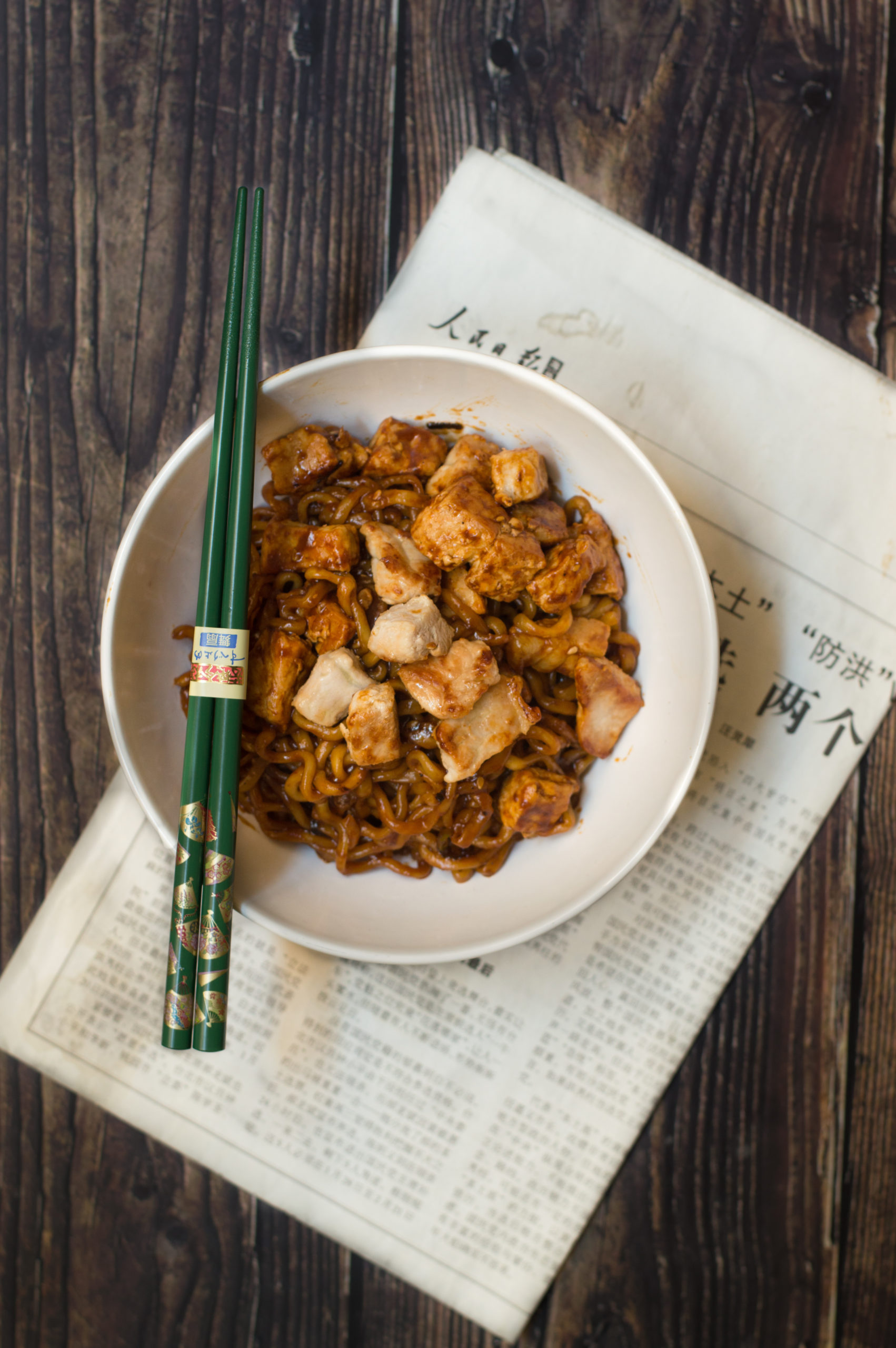Ram-Don and Societal Issues as Seen On Academy Award winner Parasite
The gap between the rich and the poor is ever-widening. Multi-awarded Korean film Parasite shows the gap in the most unexpected way: noodles.
Societal Issues in Film
There are thousands of films and TV shows that tackle the disparity between social classes. From romantic stories of a rich man falling in love with a poor woman to struggling workers fighting against the rich, societal issues will always have a place in the entertainment industry. Parasite is one of the latest films to display this issue. Successfully presenting the social divide through architecture, window views, and even body odor, the film won four awards at the 92nd Academy Awards: Best Picture, Best Director, Best Original Screenplay, and Best International Feature Film.
(Spoilers ahead.)
The Korean movie uses several food items as a metaphor to bring the theme alive. It begins with the Kims, a family of four that struggles to make ends meet through low-paying temporary jobs. They live together in a small basement apartment. One of the first food-related items shown in the film is a pile of pizza boxes. The family tried to fold pizza boxes for money, but this is an unsuccessful source of income.
The movie then follows the Kim family as they infiltrate the home of the wealthy Parks. Through lies and fake resumes, the entire family is eventually hired by them. And just when their plan seems to be smooth sailing, unexpected things happen that threaten to reveal the family’s fraud. The most pivotal scene revolves around ram-don.
Instant Noodles Turned Classy
When I first heard of this term, I was confused. I thought: “Is it a mashup of the words 'ramen’ and ‘udon’?” I was curious: “What exactly is a ram-don?” A Korean student from my class recommended the film to me and explained that ram-don is Jjapaguri (짜파구리), a combination of two instant noodle brands, Chapagetti and Neoguri. Chapagetti is a mashup itself: jajangmyeon (a Chinese-inspired Korean dish made of salty black bean sauce tossed with noodles, diced pork, and vegetables) and spaghetti. Neoguri, on the other hand, is Japanese-style udon reimagined in a spicy, Korean seafood broth.
“Ram-don” was coined by Darcy Paquet, an American residing in Korea who served as a translator for the English subtitles of Parasite and worked directly with director Bong Joon-ho. The term was put together by combining the words “ramyeon (라면)” and “udon.” Ram-don had to be used instead of the Korean term “Jjapaguri” (which can be heard in the movie’s dialogue) as an adjustment for the film’s foreign audience.
Ram-don appears at a climactic scene in the film as the Parks head home from a supposed week-long camping trip right when the Kims have gotten themselves drunk and messed up the house. Fearing that their rich employers would catch them in the act and figure out their fraud, the Kims scramble to hide around the house. Mrs. Park calls the housekeeper, Mrs. Kim, to cook the said dish for her young son. Mrs. Kim, flustered and clueless on what ram-don is, runs to the spacious kitchen and attempts to cook the dish with two packets of instant noodles. She then throws in cubes of sirloin as instructed by the mother.
The Meaning Behind the Dish
Ram-don is said to be a reflection of social disparity between the rich and the poor: cheap instant noodles topped with expensive sirloin cubes. Instant noodles have always been a staple go-to comfort food of Asian communities, readily available at convenience stores and even vending machines. There has also been a huge increase of instant noodle content on social media, especially on YouTube. Check out the “Fire Noodles Challenge” where YouTubers try to eat impossibly spicy instant noodles for the enjoyment of their viewers whilst doing Q&A sessions or gulping down a glass of milk.
The noodle dish, widely-known by the masses, is elevated by the addition of hanwoo, the Korean name for premium beef, similar to Japanese Wagyu, which is twice the cost of imported beef from Australia or the U.S. The scene perfectly displays how a rich family like the Parks can casually eat expensive food time they want—that ingredients are readily available in their kitchen, and that they can eat ordinary food in a not so ordinary way.
Director Bong Joon-ho explained that Mrs. Park’s instruction to add steak to the instant noodles distanced her from the idea that the dish is accessible by all classes. “[Ram-don] is something kids like, regardless of the rich or the poor,” Bong told the LA Times. “But the rich wife couldn’t stand her kid to eat this cheap noodle, so she adds sirloin topping.”
The film uses other kinds of food—such as the abundance of fruits at the Park family’s luxurious house and a sachet of ketchup as an inconspicuous device for their trickery and to elaborate the story, but ram-don definitely is the highlight.
Parasite is a good example of how flexible food is when it comes to storytelling—from generation-to-generation family recipes to film symbolism.
Join Our Community at Patreon
Perks for Friends of Food Patrons only:
Friends of Food is a digital members-only community designed to empower and connect food folks alike.
- Invitation to private community & food folk directory
- Access to a highly vetted network of Chefs
- One hour Zoom cooking lesson once a month
- Cookbook club + happy hour once a month
- 30 mins cooking consultation
- E-mail us your cooking questions and we will get back to you with our best answer within a week.
- Shoutout
- Polls (Help us choose a topic for an upcoming video + more!)
- Behind-the-scenes / Bloopers
- Exclusive perks from brand partners

Kayce Tiongson
Content Creator
Kayce Tiongson is an English teacher and writer from the Philippines. She has written articles ranging from TV show reviews, pop culture features to church events since the early 2000’s. Her love for writing has grown from the very moment she could write her name in cursive. She is currently working on her novel with a cup of tea always present on her desk and creative ideas visiting her without breaks.
If You Could Do So, How Would You Change The World?
If I could change the world, I would like to be a superhero who can erase every invention that is actually bad for the planet. As for my superhero name, I'm still thinking about it. 😀
How do you feel about putting pineapple on pizza?
It's fine but I'm not a big fan of it. I usually have a bite but later on find myself removing some pineapples. 😀
Schnitzel or Tonkatsu? and why?
Tonkatsu! I love those katsu sets at Japanese restaurants. I also enjoy having my little bowl of sesame seeds and mixing them with the tonkatsu sauce. Just thinking about it makes me hungry. Haha!

